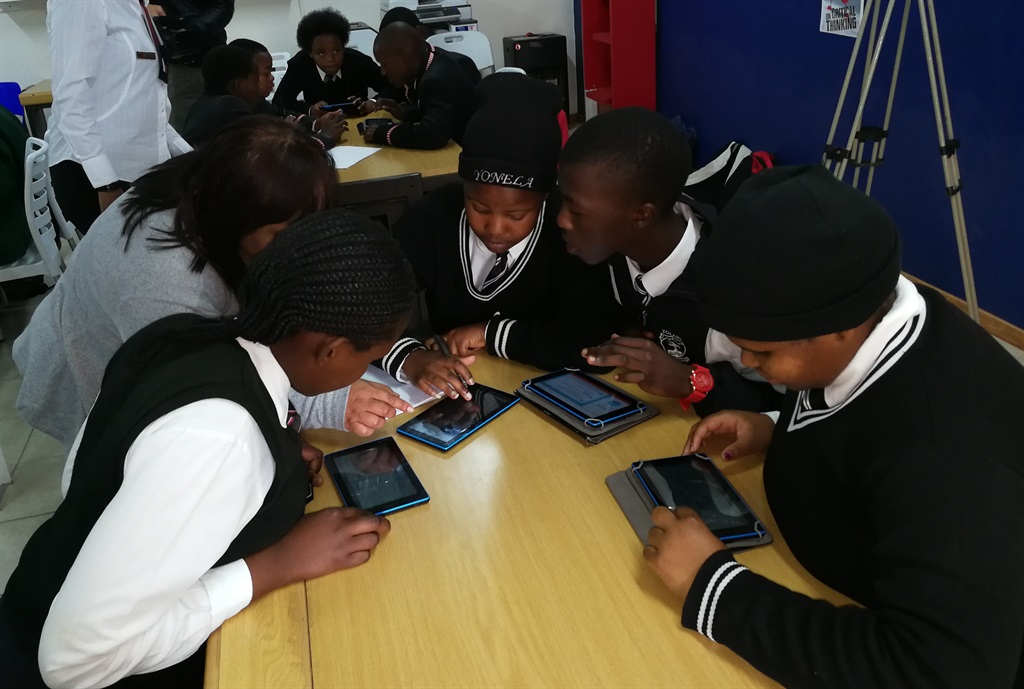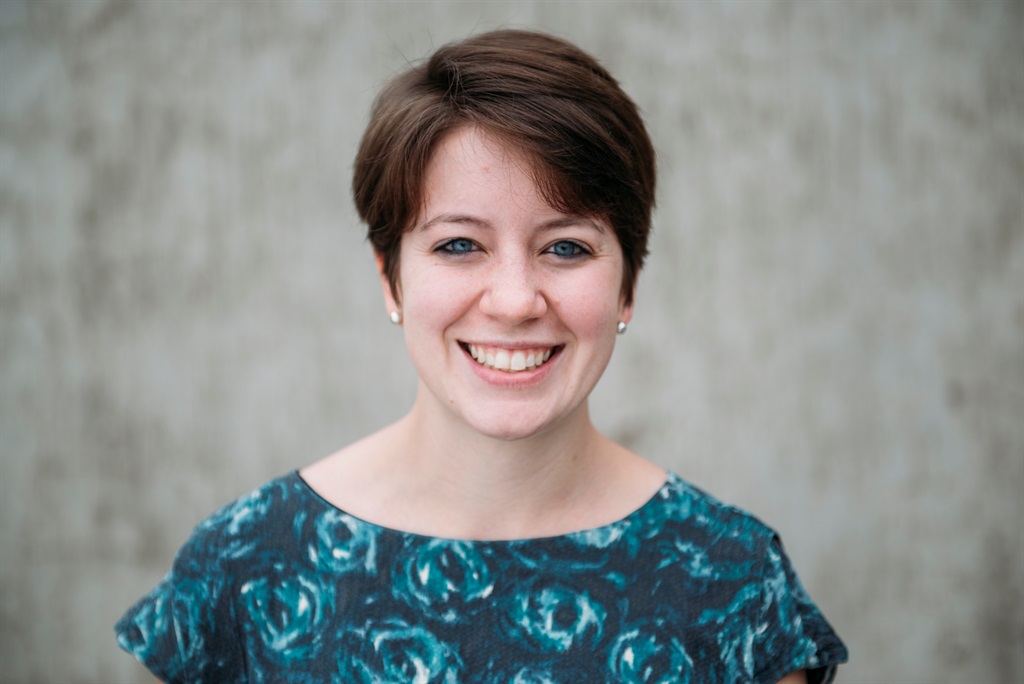
Now that the matric results have been released, the spotlight is on South Africa’s education and the performance of both the government and independent schooling systems.
Even as high pass rates, distinctions, and exemptions are celebrated, the question at hand is: Are the standards in South African schools rigorous and do they prepare South African children to compete with their peers internationally?
The latest results of the Progress in International Reading Literacy Study (Pirls), released by Minister of Basic Education Angie Motshekga in late 2017, show that 78% of South Africa’s Grade 4 students are unable to read for meaning.
To discover that South Africa is at the bottom of this global ranking in reading is devastating and certainly underscores the urgent need for access to high quality, affordable education for all South Africans.
Keeping in mind that such a high proportion of our GDP is dedicated to education, this result is even more disappointing.
Celebration of matric results aside, in an international context, South Africa’s literacy instruction is in crisis.
Teacher development
What stands out in the Pirls study is that 93% of teachers whose students were assessed have at least a post-secondary degree qualification such as a bachelors degree in education.
Forty percent of the teachers of learners assessed in the Pirls report have more than 20 years’ teaching experience.
These statistics indicate that neither teacher training institutions nor in-service professional development programmes guarantee that South African teachers are prepared to lead students to high achievement.
In fact, given the results of the Pirls assessment, we can conclude that there is no guarantee that a South African child who is educated by a teacher with a teaching qualification or decades of experience teaching will be able to read for meaning by age nine.
An analysis of the Pirls report by the Centre for Evaluation and Assessment at the University of Pretoria recommends that a renewed emphasis be placed on teacher training, particularly related top pedagogical content knowledge, and that South Africa increase efforts to attract less-experienced quality teaching candidates.
At Spark schools, these are two pillars of our strategy to provide high quality education in our schools.
We actively recruit candidates who are recent graduates or in their first five years of teaching and then invest heavily in professional development.
All educators at these schools can expect at least 245 hours of professional development annually, about the equivalent of a decade of development in a traditional school setting.
With the ongoing support and coaching they deserve as professionals, South African teachers can produce outstanding results with their students.
How we should treat literacy
Reading and writing are complex and should make up a large proportion of a student’s daily timetable, especially in the foundation phase.
At Spark Schools, literacy makes up nearly half of the instructional day in Grades R to 3, in order to ensure that students learn and practice reading and writing skills that they can confidently take with them into the intermediate phase and beyond.
We believe that reading comprehension should never be an afterthought. We must focus on reading for meaning from Grade R.
While the complexity increases over time, students learn how to make inferences, to ask questions, and to make connections to the text from the beginning.
Instruction in reading comprehension cannot begin only after a child reaches phonetic competency and fluency: it must be integrated from Grade R.
Partnerships
For the benefit of South Africa’s students, educators cannot live in silos, and we must be committed to sharing best practice across all schools and education organisations.
Right now, the education landscape is fragmented, and there is not a united movement to pool resources.
Open sourcing professional development is key if our goal is to ensure the success of all students.
We must be united in one mission: to provide high quality access, affordable education for all of South Africa’s children.
Becoming global leaders in education
The Pirls report reminds us that there is no time to waste.
Immediately, all of us within and outside of education must advocating for better quality teaching for our students, which means advocating for and providing better preparation and support for our teachers.
We are working towards the day that South Africa moves from 50th to 1st on the Pirls report.
However, the reality is that no single organisation or initiative is going to get us there.
It is possible only if we unite and cross boundaries, and if we partner together without need for recognition or reward so that South Africa’s children can flourish and lead internationally.
• Bailey Thomson is head of schools at Spark Schools




 Publications
Publications
 Partners
Partners









